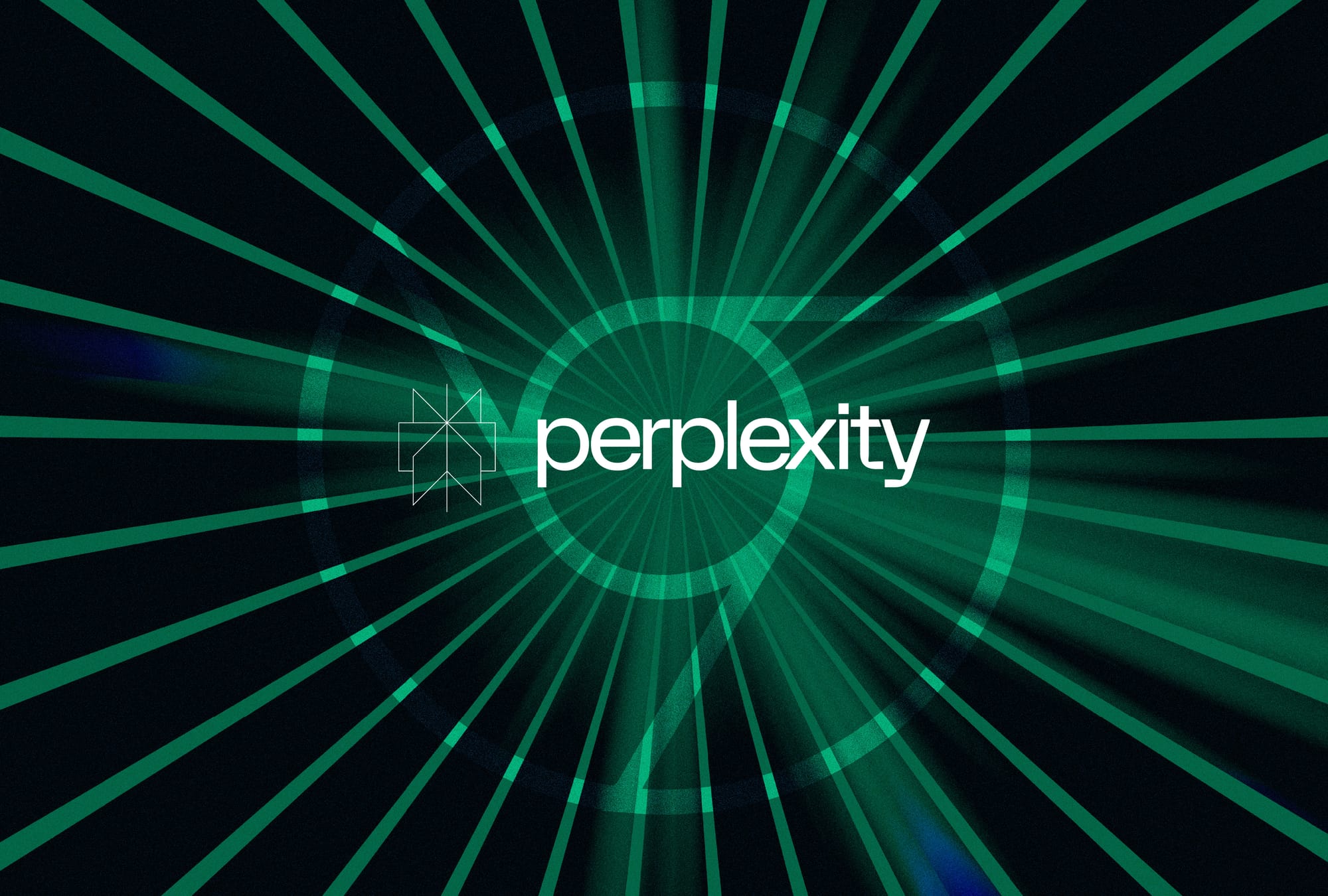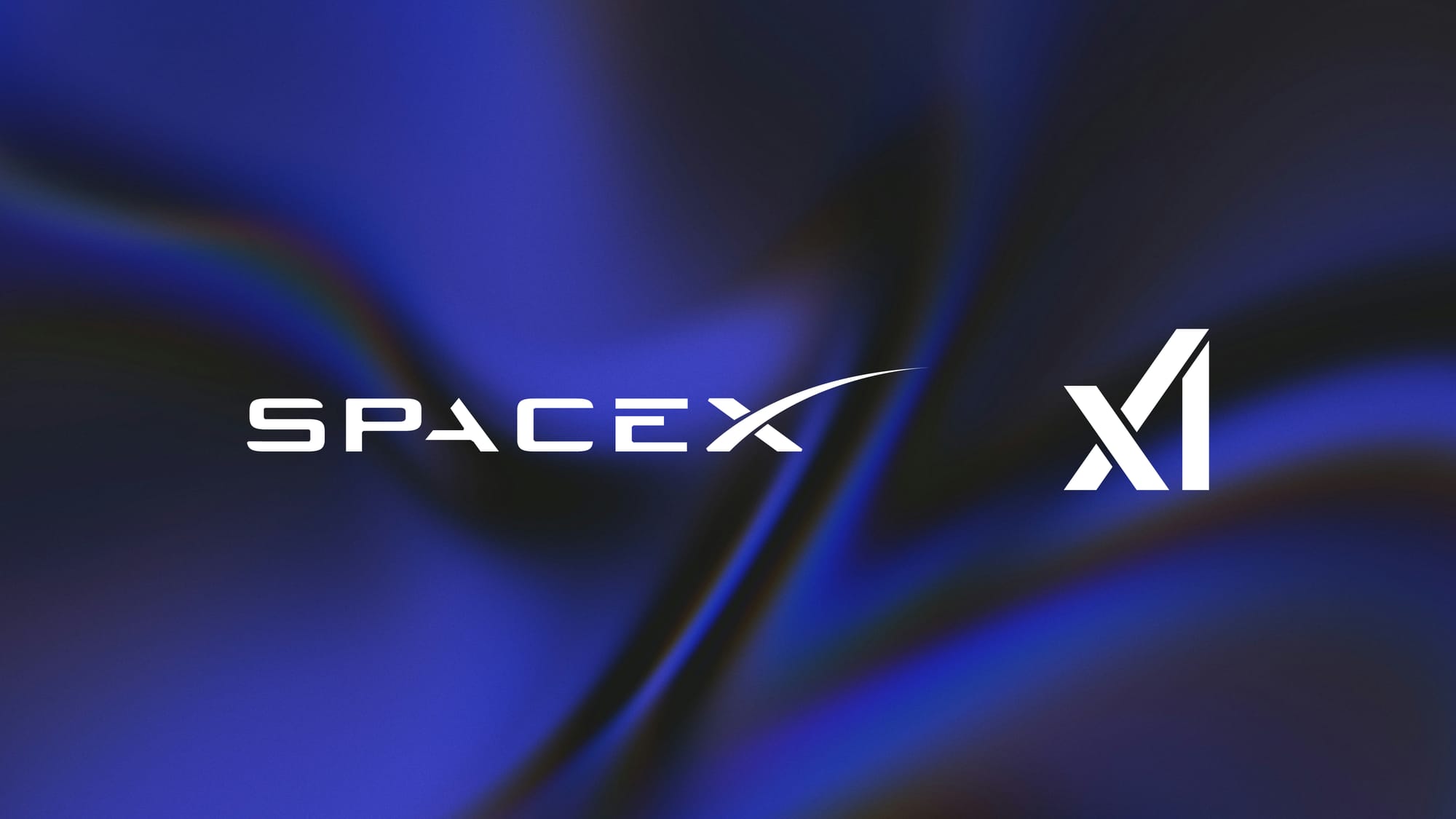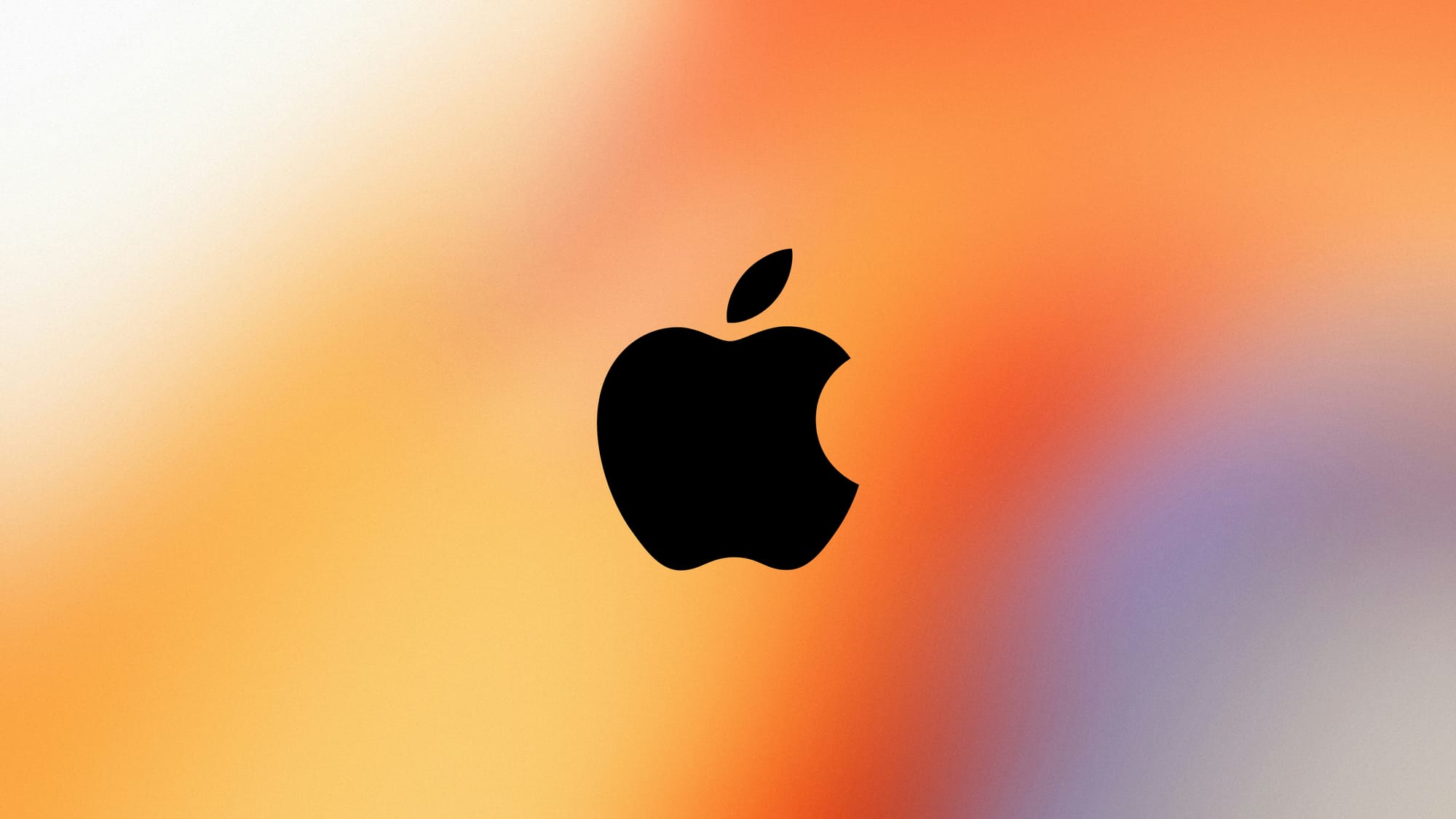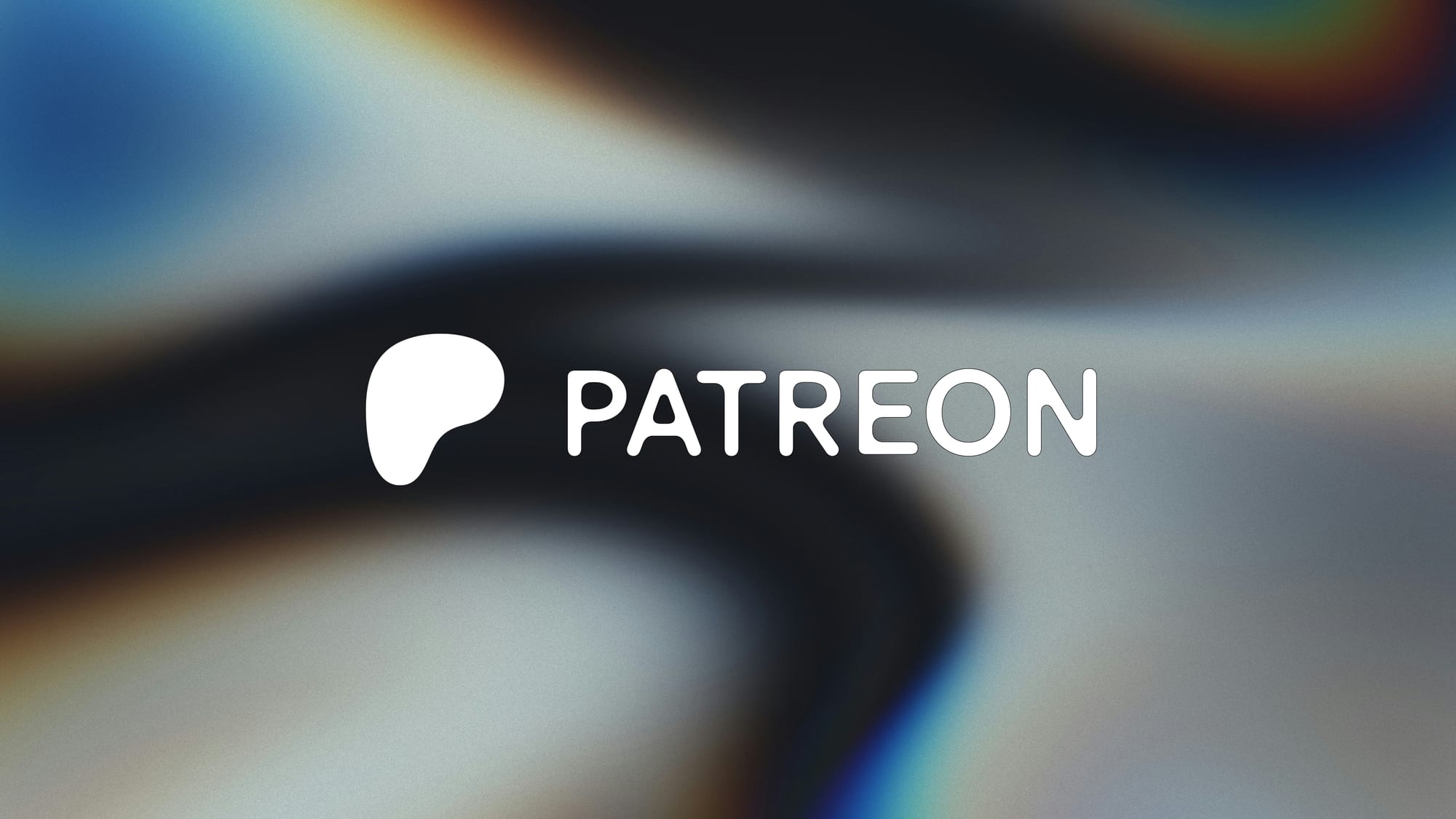In a move that would make even the most audacious startup CEO blush, Perplexity AI just threw down a $34.5 billion gauntlet at Google's feet, offering to buy Chrome browser in what might be the most strategically brilliant—or financially reckless—bid in tech history.
The Perfect Storm Brewing
This isn't just another Silicon Valley acquisition story. It's a calculated strike at the heart of Big Tech's antitrust reckoning. With U.S. District Judge Amit Mehta expected to rule on Google's search monopoly remedies "as early as this week", Perplexity is positioning itself as the white knight ready to solve regulators' headaches.
The timing couldn't be more strategic. The Department of Justice has explicitly called for Google to divest Chrome after ruling that the tech giant "maintained an illegal monopoly in online search". Enter Perplexity, valued at just $18 billion, offering nearly double its worth to acquire a browser that serves over 3 billion users worldwide.
Aravind Srinivas, Perplexity's CEO, framed the offer with regulatory-friendly language:
"This proposal is designed to satisfy an antitrust remedy in highest public interest by placing Chrome with a capable, independent operator focused on continuity, openness, and consumer protection".
The David Strategy: Small Company, Big Vision
What makes this bid fascinating isn't just its audacity—it's the strategic brilliance behind it. Perplexity isn't just buying a browser; it's buying the future of AI-powered search. With Chrome commanding over 60% of global browser market share, acquiring it would instantly transform Perplexity from an AI search upstart into a major player capable of competing with OpenAI and Microsoft.
The company sweetened its offer with promises that would make regulators smile: maintaining Chromium as open source, investing $3 billion over two years into development, and—most surprisingly—keeping Google as Chrome's default search engine. This last promise is pure strategic genius, removing Google's biggest objection while positioning Perplexity as the "responsible steward."
Industry analysts estimate Chrome's value between $20-50 billion, making Perplexity's bid competitively positioned despite being "far above its own valuation". The company claims backing from multiple venture capital funds willing to "fully finance the acquisition".
The Bigger Picture: AI Wars Heat Up
This move signals something deeper: the browser is becoming the new battleground for AI dominance. Perplexity already launched its own AI-native browser "Comet" last month, and now it's making a play for the entire market.
OpenAI has also expressed interest in Chrome, while companies like Yahoo and Apollo Global Management circle like vultures.
As one industry observer noted, "web browsers are regaining their status as crucial conduits for search traffic and valuable user data, positioning them at the heart of Big Tech's AI aspirations".
Reality Check: Will This Actually Happen?
Let's be honest—Google isn't selling Chrome willingly. The company is preparing to appeal the monopoly ruling and shows no signs of voluntarily divesting its crown jewel.
Google has remained notably silent on Perplexity's offer, which speaks volumes.
Wall Street analysts are skeptical, suggesting "it is improbable for Google to sell Chrome" and predicting a "prolonged legal battle" to prevent divestiture. Chrome isn't just a browser for Google—it's essential infrastructure for their AI initiatives, including AI-generated search summaries called "Overviews."
The Verdict: Genius Marketing or Genuine Disruption?
Whether this $34.5 billion offer succeeds or not, Perplexity has already won the marketing battle. The company—known for its previous audacious TikTok merger proposal—has positioned itself as a serious alternative if Chrome becomes available.
For American consumers and businesses, this represents something bigger than one acquisition. It's a glimpse into a future where AI-powered search could break free from Google's stranglehold, potentially delivering more diverse, innovative search experiences.
The bottom line: Perplexity's Chrome bid isn't just about buying a browser—it's about rewriting the rules of how we access information online. Whether it succeeds or fails, this move has already shifted the conversation about Big Tech's future and shown that in the AI era, even David can swing for Goliath's head.
Judge Mehta's ruling, expected within weeks, will determine whether this bold gambit becomes tech history's greatest upset or just another Silicon Valley fever dream.














Discussion